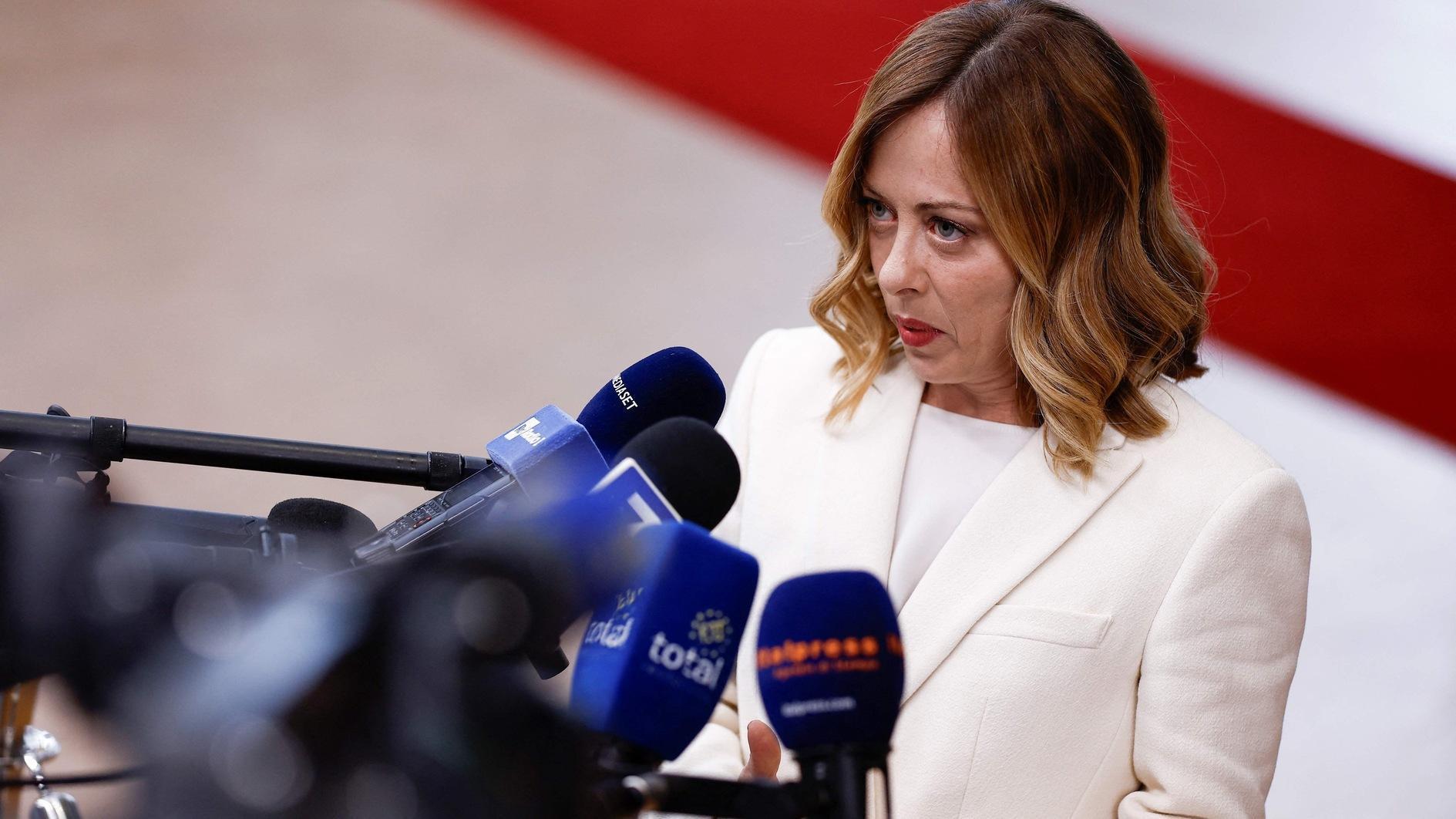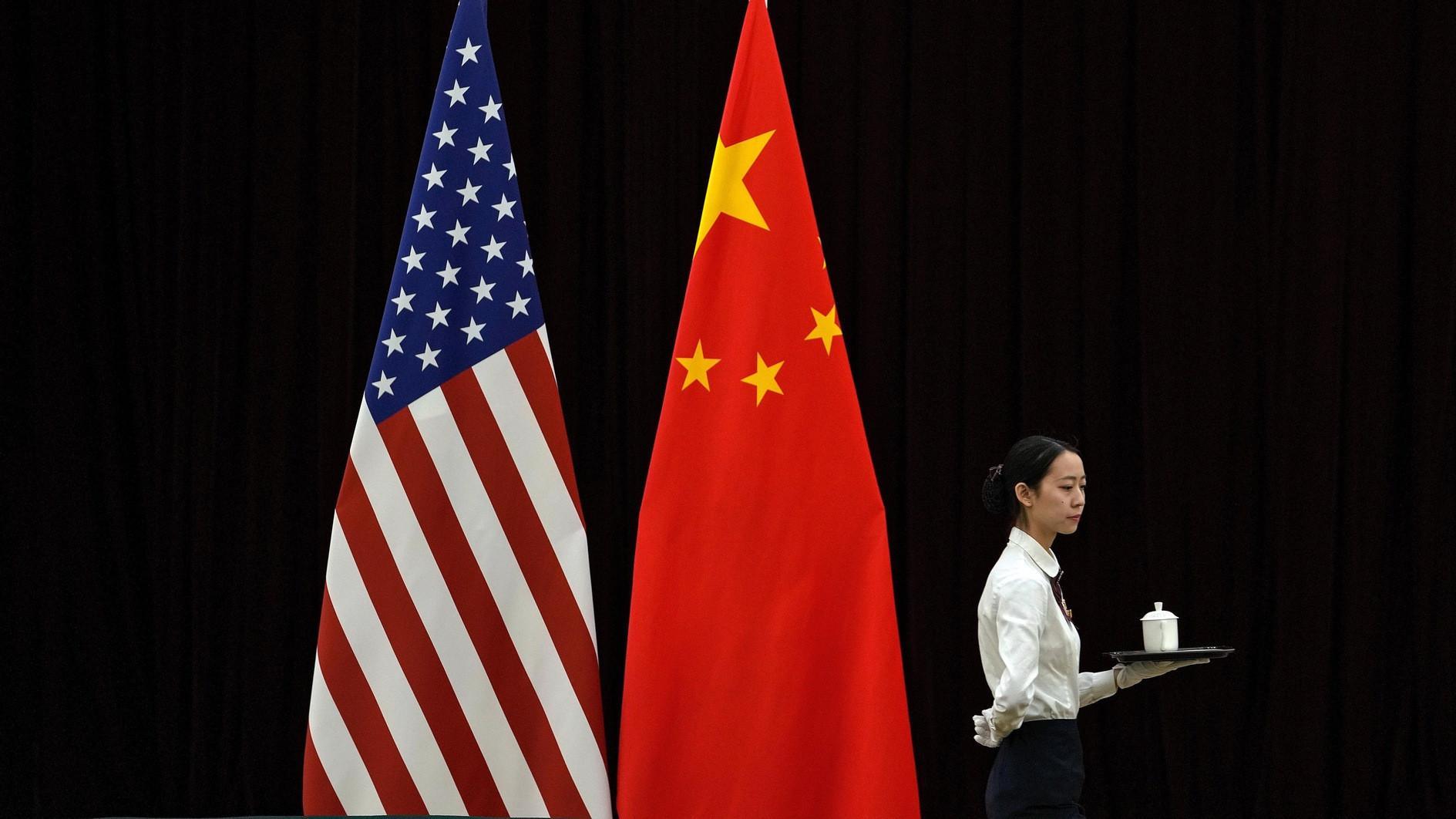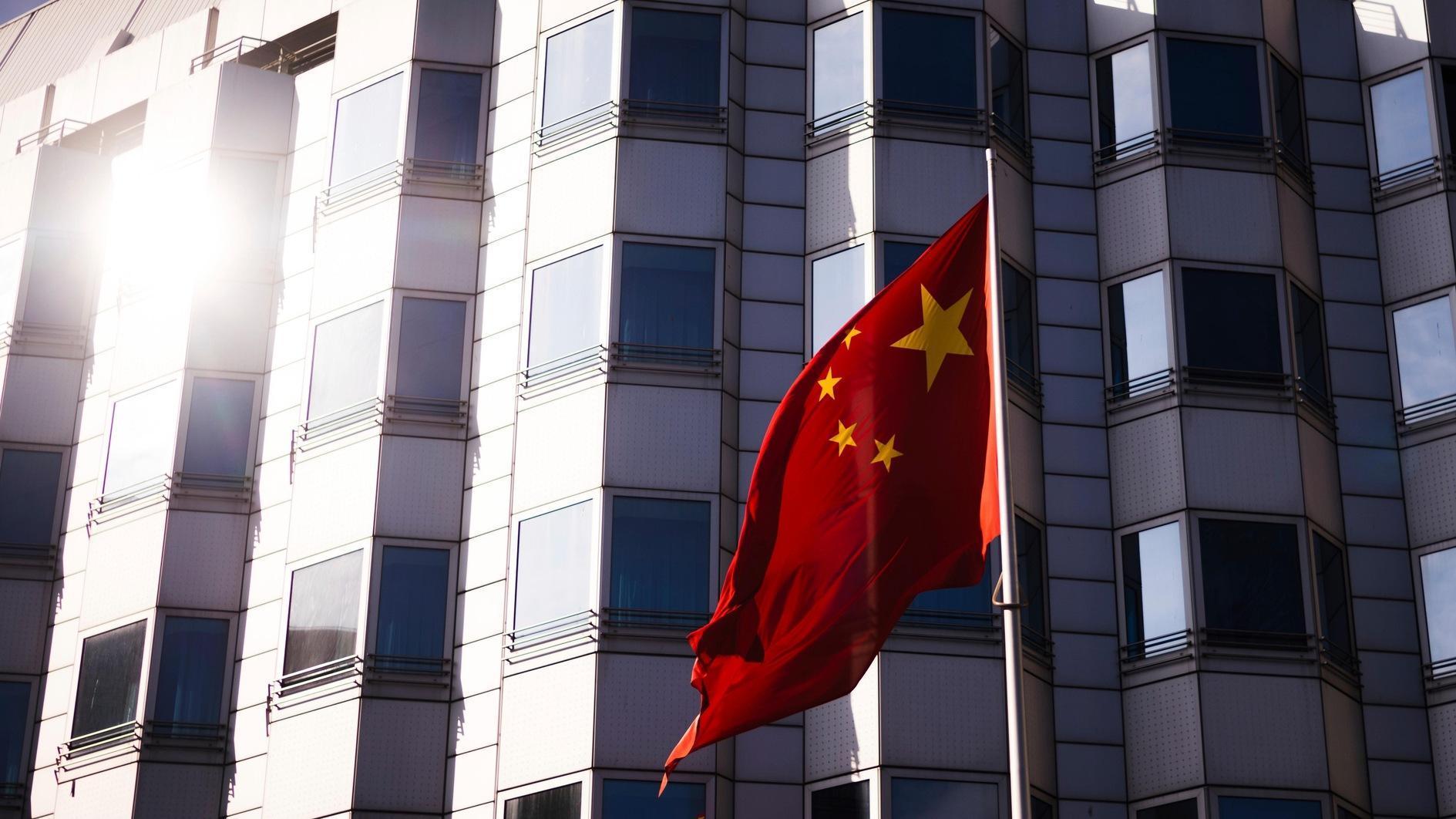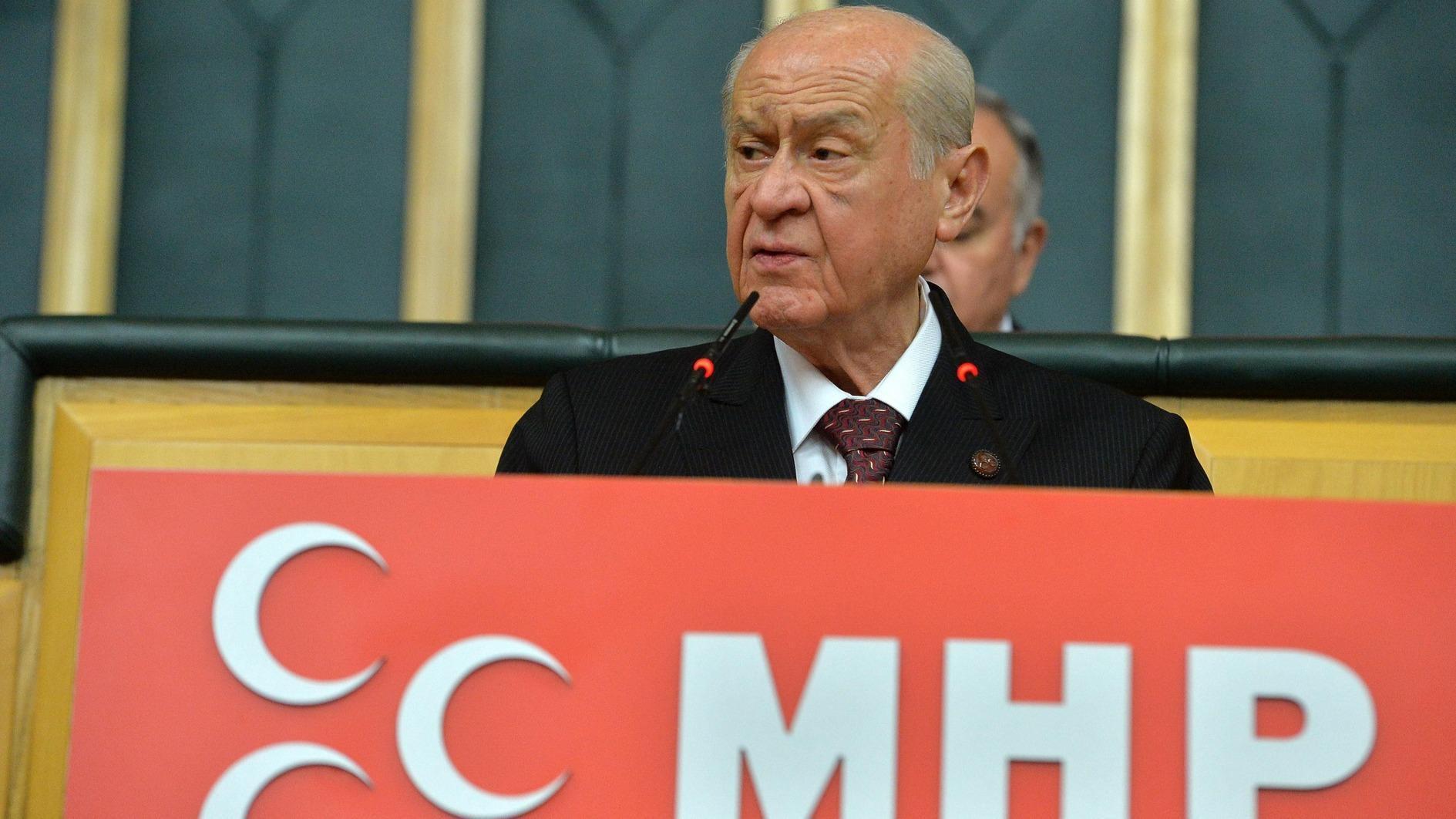The winds of peace
OHIO
Unlike many other Turkish journalists who listened to the “historic Newroz message” of Abdullah Öcalan live in Diyarbakır, in the midst of a million cheerful Kurds, I heard the same message in a silent hotel room in the distant city of Columbus. Yet I was no less excited about the meaning of this declaration and the future it implies for Turkey.First let’s recall who Öcalan is. Dubbed by Turkish nationalists as “the baby killer,” he is the founding leader of the Kurdistan Workers’ Party (PKK), a guerilla army and terrorist group whose three-decade-long war with the Turkish state has claimed more than forty thousand lives. As far as I can understand from his writings and statements, he is also a man who is over-full of himself, who loves to impose his authority over others, and who compares himself to Marx, Lenin, Jesus Christ and the Prophet Muhammad at the same time.
Therefore, I have zero reasons to sympathize with Öcalan. But, whether we like it or not, he has at least a few million fans among Turkey’s Kurds, and he is the ultimate authority over the PKK. Hence, if Turkey were to one day make peace with the PKK, (rather than “killing all its terrorists one by one,” as our hawkish generals used to say), it was inevitable that Öcalan would play a pivotal role in this process.
In fact, the Justice and Development Party (AKP) government, which has created a significant paradigm shift with regards to Turkey’s “Kurdish question,” tried to strike a deal with the PKK as early as 2009. But that initial “opening,” and the accompanying “Oslo process,” failed in just a year, leading to a mutual escalation of violence.
That is why the years 2011 and 2012 passed with what I called Ankara’s “no more Mr. Nice Guy” phase. Turkish security forces hit the PKK and the PKK hit back. This led to more than 500 casualties in 2012 alone.
During this phase, Kurdish nationalists and some left-wing liberals were arguing that the AKP government had shown its “true colors,” and had proven that it was no less militarist, if not “fascist,” than the Kemalist establishment that it replaced. Others, including me, argued that this was a bit unfair on the AKP, but also warned the government not to get too drawn into the surge strategy it used against the PKK. In these very pages, I wrote:
“The PKK has at least a few million fans, and there is simply no ‘military solution’ to such popular militant groups. You can only use carrots and sticks to force them to a reasonable political solution. But if you use too much ‘surge’ in the sticks side, you will only gain a Pyrrhic victory, planting the seeds of further violence.” (“Too much ‘surge’ on the Kurdish front,” Hürriyet Daily News, Nov. 4, 2011)
Apparently, the AKP government was conscious of these nuances, and hence came the new “resolution process” of 2013, which was crowned the other day by Öcalan’s Newruz message. It was notable that Öcalan not only called on the PKK to end armed struggle and opt for a political one. He also underlined that the goal of this struggle was not to carve an independent Kurdish state out of Turkey, but to advance Kurdish rights.
If Öcalan’s vision really works, Turkey’s traumatic “Kurdish question,” which has been bleeding since the beginning of the republic, can come to a happy ending. The process ahead is certainly fragile and the risks are obvious, but there is no reason to shy away from being optimistic.











